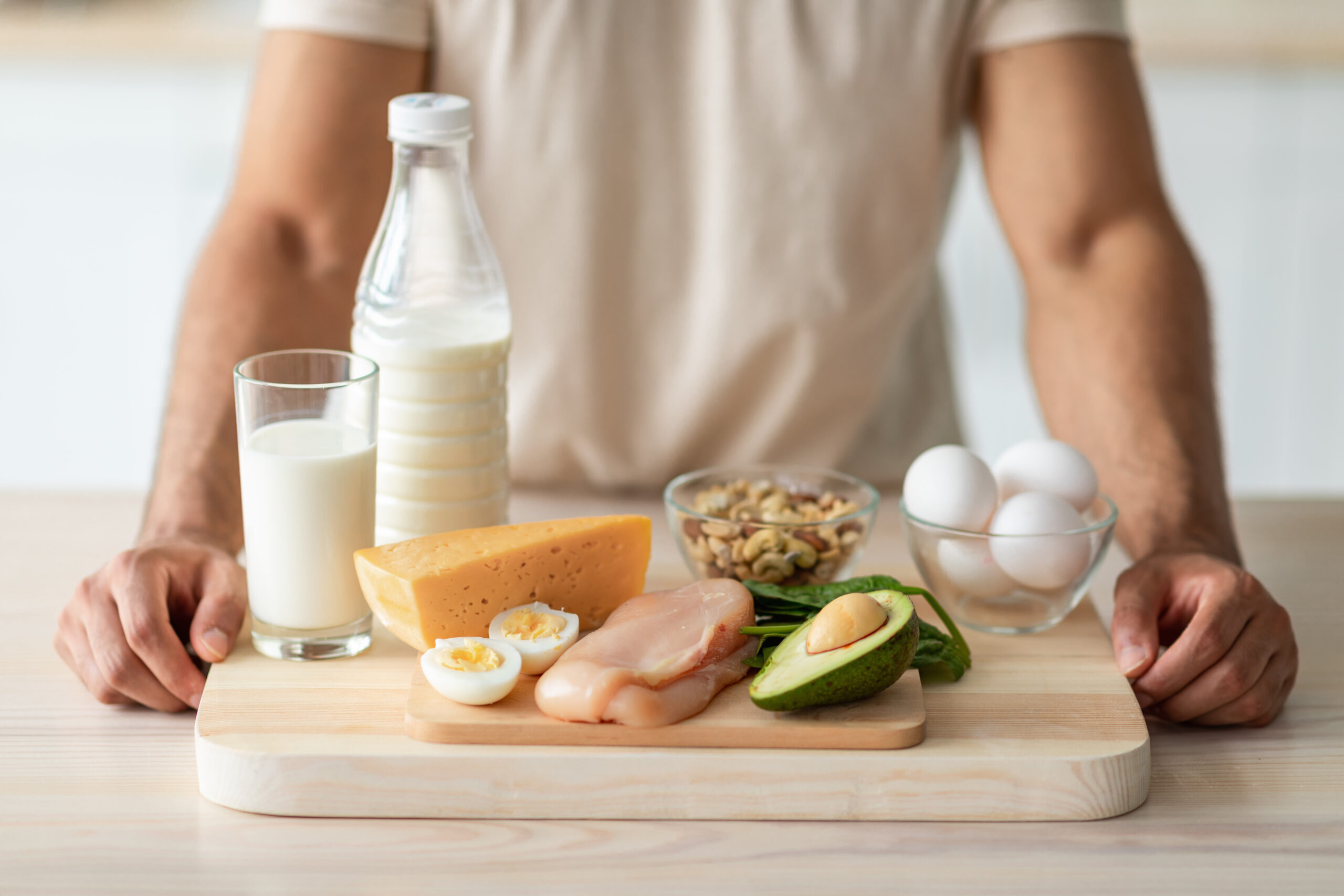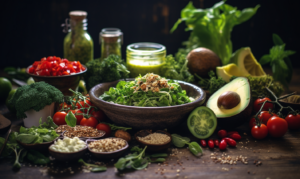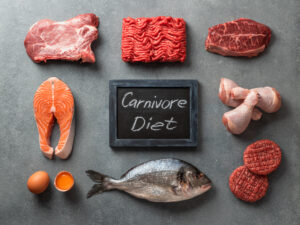We won’t just show you a diet, but the basics of how to gain muscle mass, regardless of your experience or your physical condition. The diet can be eaten indefinitely.
Many modern diets for bodybuilders are not always correct. This is due to the fact that each author of the diet seeks to come up with something new. But in most cases all innovations turn out to be useless and sometimes harmful to health.
In today’s article, we want to share with you a diet based on current information in nutrition and bodybuilding, as well as through practical experience.
The following article isn’t just about dieting, it’s about using basic nutrition principles to build muscle mass, regardless of your experience or physical condition.
The diet can be eaten indefinitely. There are no nuances in starting and ending a diet. However, it should be taken into account that it is necessary to reduce and increase the number of calories consumed gradually, otherwise you may have problems with metabolism and digestion.
This article is part of a series on the subject of Meal Plans for Muscle.
The main principles of the diet
1. Eat 5 to 6 meals a day.
According to studies, the anabolic effect of a meal lasts for 3 to 4 hours. That is why experts recommend eating 5 to 6 meals a day. That way the digestive system will not be overloaded and the bloodstream will regularly receive nutrients that are good for the muscles.
If this amount of food is eaten 3 times a day, too many nutrients will be present and they will be transformed into fat.
2. High-calorie foods
About 70% of food intake should be high in calories. Otherwise the digestive system will be overloaded and the absorption of healthy components will be impaired. The amount of fruit and vegetables in the diet should not exceed 30 %. They contain fibre, which is not easily digested and causes shrinkage of the intestines. If this is the case, the rest of the food will also not be digested in time.
3. limit fast carbohydrates and fats
Eat less fatty foods – lard, margarine, fatty meats, sausages. You need more carbohydrates and proteins to build muscle and fats will accumulate in fat cells.
Fast carbohydrates are also not good for you. These include sugary fruits and confectionery sweets. Less unhealthy bakery products.
Fast carbohydrates increase blood sugar, which causes the body to convert glucose into fat deposits. As an exception, they can be eaten after a workout, when the body is able to eliminate glucose quickly. This increases insulin secretion, which is essential for muscle growth.
4. Get plenty of fluids.
Metabolism during exercise involves increasing the amount of fluids you drink. Considering the water in products, you should drink 3 to 4 litres daily. Avoid feeling thirsty as dehydration will worsen the effects of diet and exercise.
5. Distribute portions per day.
Each portion should be about equal, but 70% of your daily food intake should be consumed before 16:00.
A few hours before you start your workout, you should eat something to eat. Slow carbohydrates (cereals, porridges, vegetables) and foods rich in protein are good for this. This meal will energise your body and brain and start the anabolic process.
After you finish your workout, you should eat a small snack, as your body needs nutrients. Immediately after your workout drink a protein-carbohydrate shake, and after that take 1 to 1.5 hours to have a complete meal that includes proteins and slow carbohydrates. It is acceptable to eat some fast carbohydrates. After a workout, the body absorbs a hearty meal and all the nutrients will replenish energy and rebuild muscles.
Do not eat fatty or sugary foods shortly before bedtime. It should be rich in protein and easily digestible. Give preference to light salads, eggs, lean fish, poultry and dairy products.
6. Ratio of fats, proteins and carbohydrates
– Fats – 10 to 20%.
– Protein – 30 to 35%.
– Carbohydrates – 50 to 60%.
Bodybuilder’s diet
Here is a list of foods that can be used in a diet for those who want to build muscle mass.
Try to alternate foods regularly without focusing on just one.
Proteins
1. Meat – lean meats. Poultry is optimal as it is easily digestible and low in fat.
2. Seafood and fish – any kind of fish can be eaten, even fatty ones, but at least 2 – 3 times every 7 days.
3. dairy products – eat low-fat cottage cheese, milk, yoghurt and kefir. Eat hard types of cheese.
4. Chicken eggs – you can eat 6 – 8 eggs in a day in different forms and together with yolks. They are especially good for those with normal cholesterol.
5. Nuts – useful not only in the presence of proteins, but also in fatty acids.
6. Legumes are useful because they contain a lot of vegetable protein. Pulses, beans, peas and lentils are included in this list.
Carbohydrates .
1. Cereals.
1) Kashi – besides carbohydrates they contain protein and useful nutrients. Buckwheat, buckwheat, rice, and oatmeal are particularly useful.
2) Pasta – preferably wholemeal pasta.
3) Bread – preferably black bread.
4) Muesli – add variety to your diet.
2. Mushrooms and vegetables.
Fresh vegetables are considered the healthiest and should be added to protein foods. Mushrooms will make a meal more aromatic and tasty.
3. Greens and fresh fruit
Fresh fruits and greens contain many beneficial substances for the bodybuilder. However, it is worth limiting the consumption of sweet fruits.
Fats
Omega-3 acids (fats) found in red fish are particularly beneficial. Also include vegetable oils in moderate amounts and seafood in your diet.
image sources
- Cropped view of fit young guy standing near wholesome protein products at kitchen, closeup: License Date: February 27th, 2023 Item License Code: KED984CH3L




